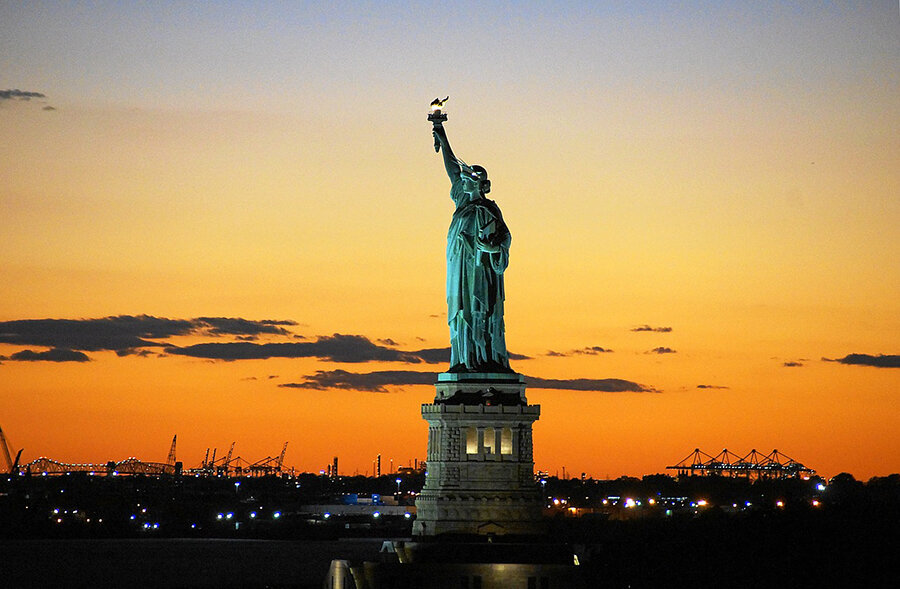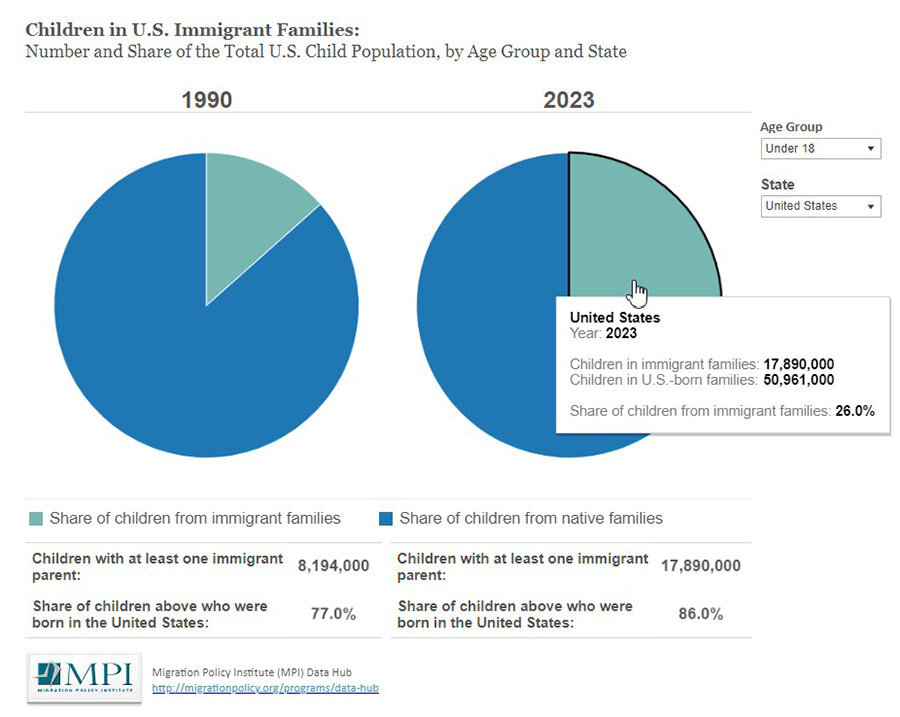A court has temporarily blocked Trump's order to revoke birthright citizenship

Judge Deborah Boardman has issued a nationwide preliminary injunction against President Donald Trump's executive order aimed at revoking birthright citizenship, writes CNN. The ruling states that the order contradicts the 14th Amendment of the U.S. Constitution, a 125-year-old Supreme Court precedent, and the 250-year history of the country.
The case was heard in Maryland based on a lawsuit filed by five pregnant women whose children could have been affected by Trump’s order, as well as two immigrant rights groups. The injunction will remain in effect until the administration appeals the decision to the federal appellate court in Richmond. The case may eventually reach the Supreme Court.
Bloomberg notes that the administration is already facing at least six lawsuits over the proposed changes to citizenship rules. Additionally, Democratic attorneys general from 23 states have filed a lawsuit to block Trump’s order, as reported by NBC News. Meanwhile, the Department of Justice has released a statement saying it [“will vigorously defend”] Trump's order, [“which correctly interprets the 14th Amendment of the U.S. Constitution. We look forward to presenting all substantive arguments to the court and the American people. The American people desperately need the laws of our country to be enforced.”]
The executive order, signed on January 20, 2025, and titled "On Protecting the Meaning and Value of American Citizenship," states that the federal government will not ["issue documents recognizing U.S. citizenship"] to children born on American soil to parents who were in the country illegally or on a temporary legal basis. This includes students, tourists, and foreign workers on visas.
Helena Tetzeli, an attorney with the American Immigration Lawyers Association, pointed out that the order might have a loophole for asylum seekers. ["The order states that the legal status of parents cannot be ‘illegal or temporary,’"] she noted. ["If you apply for asylum, you are in the country legally, and your process is not temporary; you intend to stay permanently.”]
The 14th Amendment to the U.S. Constitution was adopted in 1868 after the Civil War to clarify the status of children born to former slaves. Courts have long interpreted it as granting citizenship to nearly all children born in the United States. The amendment states that ["all persons born or naturalized in the United States, and subject to its jurisdiction, are citizens of the United States.”]
According to the Migration Policy Institute (MPI), the number of immigrants and refugees has sharply increased in recent decades. The percentage of children born in such families on U.S. soil has risen from 77% in 1990 to 86% in 2023. Over the same period, the share of children under 18 with at least one immigrant parent grew from 13% to 26% in 2023.

The Center for Immigration Studies reports that after Trump’s order to revoke birthright citizenship, there has been a surge in inquiries regarding the number of children born to undocumented immigrant mothers. These figures have not been updated since 2018, but analysts noted that in the past, this number was comparable to births among non-citizens. Estimates suggest that in 2023, between 225,000 and 250,000 children were born to undocumented immigrants, accounting for about 7% of all births.








